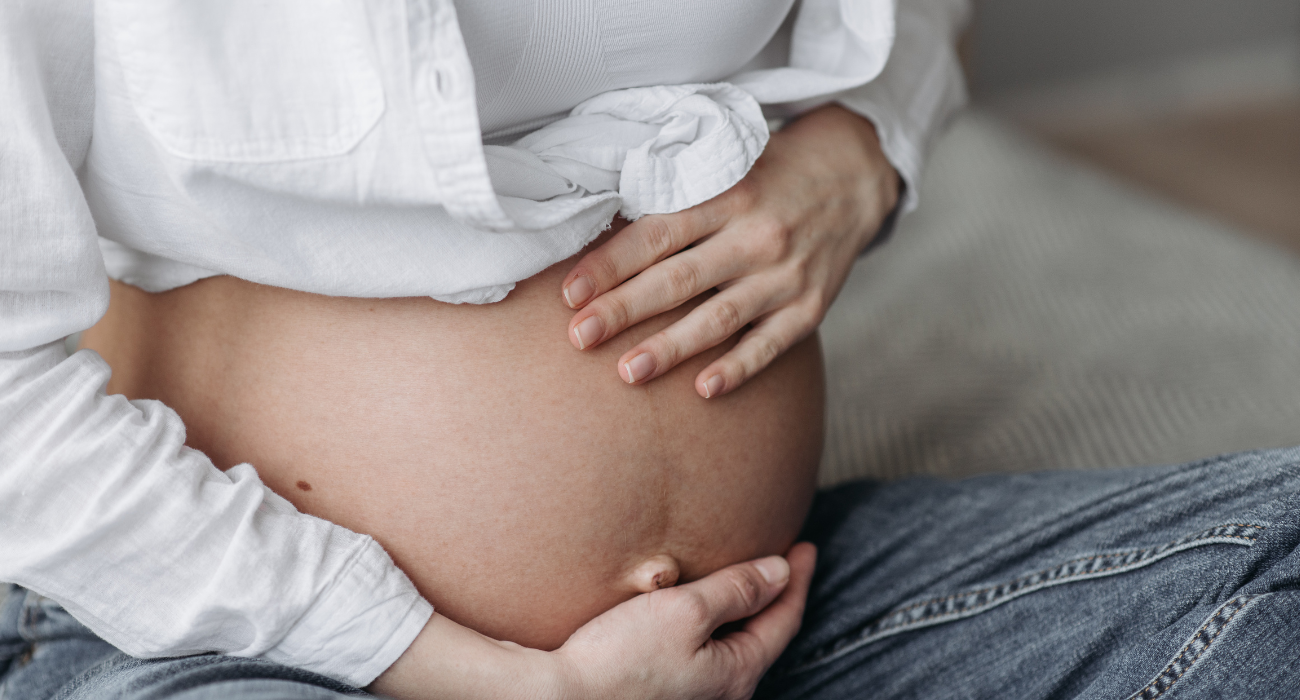#Immunization #manual #immunological #aspects #maternal #vaccination
● Introduction [ver].
● Immunological aspects of maternal immunization [ver].
● The maternal and fetal immune system [ver].
● Impact of maternal vaccination on the immune system in the first years of life [ver] | Transfer of maternal antibodies through the placenta and breast milk | Possible interference of maternal antibodies with childhood vaccination: effect blunting [ver] | Maternal cell transfer across the placenta [ver].
● Key points [ver].
● More information on this website, bibliographic references and recommended links [ver]. In a nutshell ● Chap. has been reviewed and updated. 48 of the AEP Online Immunization Manual, dedicated to the immunological aspects of maternal immunization.
● All sections have been reviewed and bibliographic references and recommended links have been updated.
● This note reviews the maternal and fetal immune systems, as well as the impact of maternal vaccination in the first years of life through the transfer of maternal antibodies and cells.
Introduction
The AEP online Immunization Manual continues its updates. On this occasion it was chapter 48, dedicated to the immunological aspects of immunizations, highlighting the updating of the sections related to maternal immunization.
All sections have been reviewed and bibliographic references and recommended links have been updated. The news on children’s vaccination against covid for our country is included. This note summarizes the most notable aspects of the update of said chapter. Both the chapter itself and this current review – and the image that accompanies this note – are the work of the immunologist Jose Gomez Rialwho is grateful for his collaboration.
[volver al principio]
Immunological aspects of maternal immunization
The newborn immunization It represents a challenge in terms of the prevention of immunopreventable infections due to the greater risk of suffering infections since their immune system is not capable of generating an efficient protective response, as well as the very few vaccines authorized in the first days of life.
The maternal immunization It is a highly efficient Public Health strategy to protect the mother, fetus and infant from certain infections. Protection of the newborn is based on transfer of maternal antibodies and maternal immune cells, through the placenta and breast milk. The necessary concentration of antibodies for effective protection, the optimal time of vaccination and the possible interference of maternal antibodies in subsequent vaccinations are still a matter of study.
[volver al principio]
The maternal and fetal immune system
Maternal immune system and the maternal-fetal interface:
- During pregnancy, the maternal immune system undergoes changes to allow the survival and development of the fetus. These changes involve immunomodulation rather than immunosuppression.
- During pregnancy, the maternal immune barrier against infection uses a combination of immune signals and modulators originating from the feto-placental dyad, including the placenta and decidua. In the second trimester, the maternal immune system protects the fetus by passively transferring maternal antibodies (IgG isotype) and maternal immune cells across the placenta.
Fetal and neonatal immune system:
- The fetal immune system begins to develop after the first weeks of fetal life. During the second trimester, immune cells increase in number, mature, and differentiate. By the end of the third trimester, the fetal immune system is functional and capable of producing a response. At birth, the neonate’s innate response is characterized by the production of certain cytokines that can influence susceptibility to viral infections and responses to vaccines.
- From birth, exposure to antigens promotes further adaptation of the baby’s immune system. B and T cells are abundant at birth, but gradually decline until adulthood.
Maternal immunization is an effective way to reduce the risk of disease in the mother, fetus and infant.
[volver al principio]
Impact of maternal vaccination on the immune system in the first years of life
Transfer of maternal antibodies through the placenta and breast milk
- Maternal immunization during pregnancy increases specific antibodies generated by vaccination, protecting both mother and baby in the first months of life. The transfer of maternal antibodies across the placenta depends on the neonatal Fc receptor (FcRn) expressed on the syncytiotrophoblast. IgG antibodies are selectively transported from maternal blood to the fetus via FcRn. Placental transfer of IgG increases as pregnancy progresses and the efficiency of transfer depends on the affinity of the IgG subtype for FcRn, with IgG1 being the subtype with the highest transfer.
- Previous maternal infections may also affect antibody transfer. Breastfeeding provides another protective mechanism, since breast milk contains secretory IgA (sIgA), IgG and IgM, which confer immunological benefits to the newborn, such as defense against pathogens of the gastrointestinal and respiratory tracts. Breast milk also contains immune cells that can modulate the baby’s immune system. There are studies that have demonstrated the presence of vaccine-specific sIgA in the breast milk of vaccinated women during pregnancy, indicating its protective role against respiratory diseases in infants.
[volver al principio]
Possible interference of maternal antibodies with childhood vaccination: effect blunting
There is concern about the effect of maternal IgG antibodies on the antibody response to vaccines administered in the first months of life: the presence of maternal antibodies could decrease antibody production in infants after vaccination, thus affecting the protection of the child. This is known as blunting and may be related both to antibodies transferred by the mother to the fetus and to those generated in response to a natural infection during pregnancy. However, there are studies that have shown contradictory results and their real clinical relevance is unknown. In studies carried out in countries such as the United States and the United Kingdom, where maternal vaccination with Tdpa has been implemented, no evidence of a clinically significant effect has been found. Finally, maternal antibodies do not appear to affect the cellular immune response of infants after primary vaccination.
[volver al principio]
Maternal cell transfer across the placenta
The transfer of maternal cells across the placenta during pregnancy can affect the fetal immune system. It has been found that maternal infection or vaccines can influence infants’ immune responses to pathogens and vaccines after birth. Although it is not clear how the fetal immune system is trained without fetal infection, it is thought that the vertical transmission of antigens from the mother to the fetus and the presence of maternal cells in fetal tissues may play a key role. This phenomenon is known as microchimerism and may promote feto-maternal tolerance and improve the outcomes of future pregnancies. Furthermore, the microchimeric cells Maternal cells can generate fetal regulatory T cells that suppress fetal T cell functions and prepare the fetal immune system to confront pathogens after birth. The presence of fetal memory T cells has also been observed in uninfected children born to infected mothers, suggesting that the fetal immune system may respond to maternal exposure to pathogen antigens. Maternal vaccination during pregnancy may influence the development of the fetus’s innate immune system and its ability to fight infections. The timing of maternal vaccination may affect the transfer of vaccine antigens to the fetus and its subsequent immune response.
[volver al principio]
Key points
- Maternal immunization protects the neonate in the early postnatal period, when the risk of infections is highest.
- Maternal antibodies are transferred in the last months of pregnancy through the placenta (mainly IgG) and after delivery, through breastfeeding (mainly IgA).
- The presence of maternal immune cells has been demonstrated (microchimerism) in the fetal blood that would exert a training function of neonatal immune cells.
- We have various vaccines for administration in pregnant women with excellent demonstrated safety and effectiveness profiles.
[volver al principio]
-oOo-
More information on this website
Bibliographic references and recommended links
[volver al principio]












